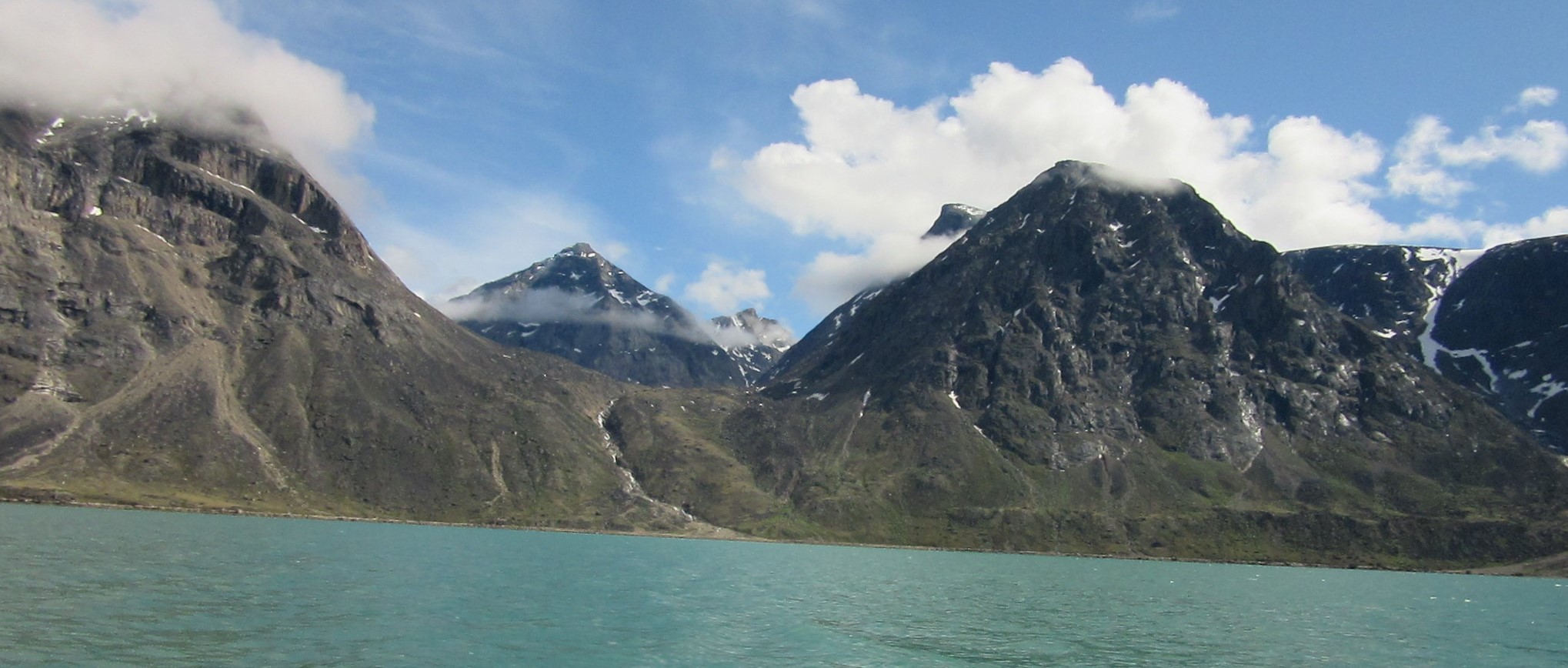Rachel Cassie

More about Rachel's Internship
Rachel is working in Nunavut on the creation of a health coalition for the community. The goal is to centralize services within the community, improving access and consistency of care. She is working remotely from her home in Vancouver this summer as travel has become more difficult during the Covid-19 pandemic. Her internship has been made possible through cost-sharing between Nunuvat programs and Engage North.
Who are you?
My name is Rachel and I am grateful to be a settler living in Vancouver which is on the Unceded Territories of the xʷməθkwəy̓əm (Musqueam), Skwxwú7mesh (Squamish), and sel̓íl̓witulh (Tsleil-waututh) Nations. I am doing my MSc at the University of Alberta in Epidemiology. My thesis will be examining culturally appropriate care and support for families living with harmful alcohol use in the Northwest Territories. I currently work as a mental health worker in Vancouver's Downtown Eastside at programs such as INSITE and the Community Managed Alcohol Program. These are multi-faceted programs that not only provide harm reduction, but also facilitate low-barrier employment, Indigenous cultural programming, and access to treatment options and healthcare for people living with addictions. I like to spend my free time outside hiking, cycling, and camping.
What is the internship position you are working on, including with whom?
I am working with Community Services Coalition in Nunavut. I will be working with the community to assess community needs related to mental health services and support, as well as supporting the community to develop a strategy to meet these needs.
What are your specific interests as an Engage North intern?
I am passionate about culturally appropriate mental healthcare, particularly ways to support families living with harmful substance use. I am also passionate about research that addresses healthcare inequities experienced by northern communities.
Why do you want to be an intern? What attracted you or motivated you to apply for the position?
I am enthusiastic about improving the quality of life and healthcare experienced by communities in northern Canada. I was first exposed to northern communities' diverse vibrancy and challenges when tree planting in northern BC and Alberta. This inspired me to do my Master's researching northern healthcare.
I was motivated to apply for this position as I'm passionate about northern and Indigenous healthcare and engaged community-based research. I am looking forward to working with the community to support the Coalition to improve community mental health services.
With the internship position requiring remote work, how do you plan to interact with the organizations/communities you are working with? What are some of the challenges you might face? What are some of the benefits?
The Covid-19 pandemic has provided many challenges and opportunities to change the ways we communicate. I plan to engage with the community through video calls, email, and phone conversations. I also plan to use Google Docs to facilitate easy document and knowledge sharing. The main challenge I foresee is the intermittent internet connection. We plan to address this by switching to phone conversations if needed. Another challenge I foresee is community engagement. I hope to address this by working collaboratively with community members to determine community priorities and develop strategies to address their needs. I am also hoping to be able to go up to the community once public health guidelines permit travel and there is no longer a public health threat. A main benefit is that working remotely encourages alternative communication strategies and involvement of people that may not be community-based such as government stakeholders based in Iqaluit or elsewhere.